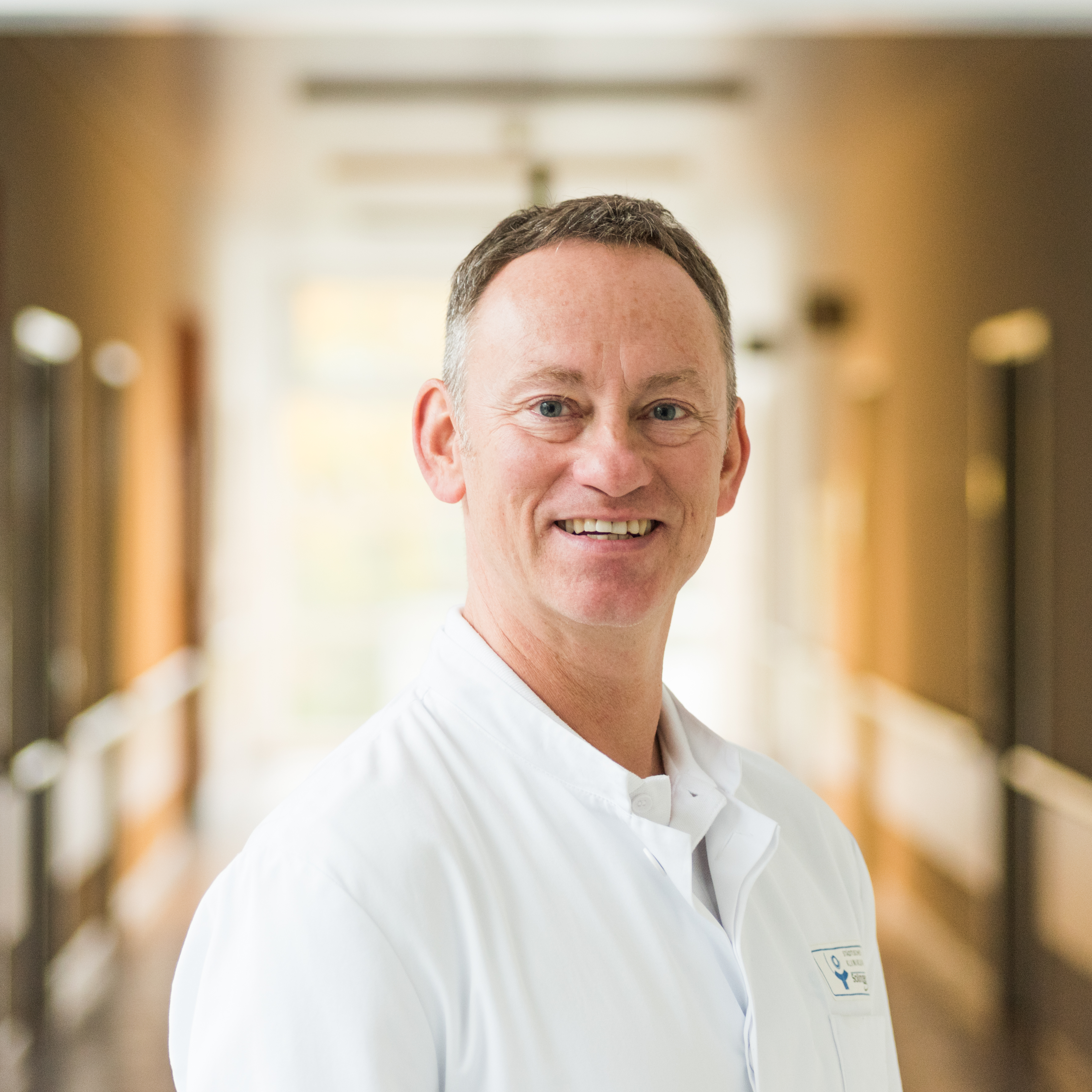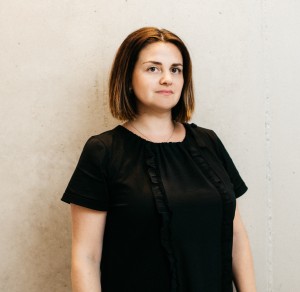

Dear patients,
Welcome to the Center for Treatment of Intestinal Diseases in Solingen, that was certified by the non-profit organization, German Society for the Fight against Cancer.
Each year in Germany are registered about 70,000 new cases of intestinal cancer. The chance of recovery depends on the early diagnostics of the disease. That is why prophylactic examinations, including blood tests and endoscopic intestinal examinations, are so important. On the other hand, in recent years, the results of treatment have become much more successful, thanks to surgery, chemotherapy and radiotherapy. Complexity of such treatment requires close cooperation between the specialists involved in treatment, as well as consideration of current recommendations.
According to the estimates of the Robert Koch Institute (RKI) in Berlin, about 338,300 people are becoming ill each year (164,900 men, 173,400 women). Cancer means all malignant neoplasms of the main organs, as well as lymphomas and leukemia. Most often, cancer diseases develop over the age of 60 years. Emergence of cancer is not due solely to a single cause rather the genetic predisposition, as well as environmental factors, such as smoking, overeating, alcohol, high levels of fats in consumed food and the presence of toxic substances in the workplace and environment.
In recent years, incidence of tumors of the gastrointestinal tract has increased significantly. Among men, intestinal cancer (colon and rectum) already ranks third after lung and prostate cancer, among women this type of cancer is the second most frequently after breast cancer. Risk factors for this growth are, apparently, nutritional factors. On the contrary, incidence of stomach cancer has decreased; this type of cancer is on the fifth place among all varieties of cancer tumors. In the case of malignant tumors of the pancreas and esophagus, an important role is played by the increased intake of meat and animal fats, and above all, the use of alcohol in combination with smoking.
Every year, numerous patients with tumors of the gastrointestinal tract are treated at the Center for Treatment of Intestinal Diseases in Solingen. One of the priority areas in this field is invasive endoscopic palliative interventions on the digestive tract, for example, endoscopic treatment of tumors (endoscopic mucosal resection, papillotomy), implantation of stents in esophagus tumors and bile duct prostheses or metal stents. Along with the above-mentioned procedures, a large number of cytostatic chemotherapies are administered. Within the framework of chemotherapy, mainly drugs are injected intravenously, which slow down the growth of tumor cells.
Together with the Visceral Surgery Department of the Clinic, blocks of preoperative chemotherapy (for example, with esophageal and gastric tumors) are also conducted to reduce tumors, as well as postoperative chemotherapy. Combined radiation chemotherapy is conducted in cooperation with the medical practice of radiotherapy of the City Clinical Hospital. With already metastatic tumors, there are also good opportunities for treatment by the administration of cytostatic agents. At the same time, both monochemotherapy and combined chemotherapy are used, corresponding to the most modern discoveries in medicine.
In addition, maintenance procedures are carried out, including analgesic therapy, as well as enteral or parenteral nutrition. Of the activities aimed at ensuring high-quality treatment, oncological conferences (oncological consultations) and conferences in the field of gastroenterology and visceral surgery are held every week.
First of all, cytostatic chemotherapy is performed in inpatient manner, and then in outpatient manner, in our outpatient oncology department.
The Center for Treatment of Intestinal Diseases in Solingen provides close cooperation of specialists in such areas as gastroenterology, oncology, surgery, radiation therapy and radiology.
We are here to help you.
Your team is the Center for Treatment of Intestinal Diseases.

Chief Physician
Professor Boris Pfaffenbach, MD, is the head of the Centre for Gastrointestinal Diseases at the Solingen Clinic. He is a lecturer at a German university and a specialist in internal medicine and gastroenterology.
Technique and treatment methods
In cooperation with the Visceral Surgery Department of the clinic, preoperative chemotherapy blocks (e.g. for oesophageal and gastric tumours) for tumour shrinkage as well as postoperative chemotherapy are also performed. Combined radiotherapy chemotherapies are carried out in co-operation with the radiotherapy practice of the City Clinical Hospital. For tumours that have already metastasised, there are also good treatment options with the administration of cytostatic agents. Both mono-chemotherapies and combined chemotherapies are used, which correspond to the latest findings in medicine.
In addition, supportive treatments are provided, including pain management and enteral or parenteral nutrition. Of the activities aimed at ensuring the high quality of treatment, weekly oncological conferences (oncological consiliums) and conferences in the field of gastroenterology and visceral surgery are organised. Cytostatic chemotherapies are carried out first as an inpatient and then as an outpatient in our outpatient oncology department.
Contact us:
The Center for Treatment of Intestinal Diseases of the City Clinical Hospital Solingen, Germany specialises in the diagnosis and treatment of diseases of the stomach and intestines. You can contact our international department for international patients and we will organise your diagnosis and treatment at the Solingen City Hospital.
You will receive counselling and detailed answers to all your questions. You can call us by phone, fill in a call-back request or send us an e-mail:
Email: kontakt@international-office-solingen.de
Tel: +49 212 5476913
Viber | WhatsApp: +49 173-2034066 | +49 177-5404270
For your convenience, please save the phone number to your phone's address book and call or text us free of charge on WhatsApp, Viber or Telegram. Requests made on weekends or public holidays will be processed on the first working day. For urgent cases, the processing of the enquiry will be carried out on weekends and public holidays.
Share:
